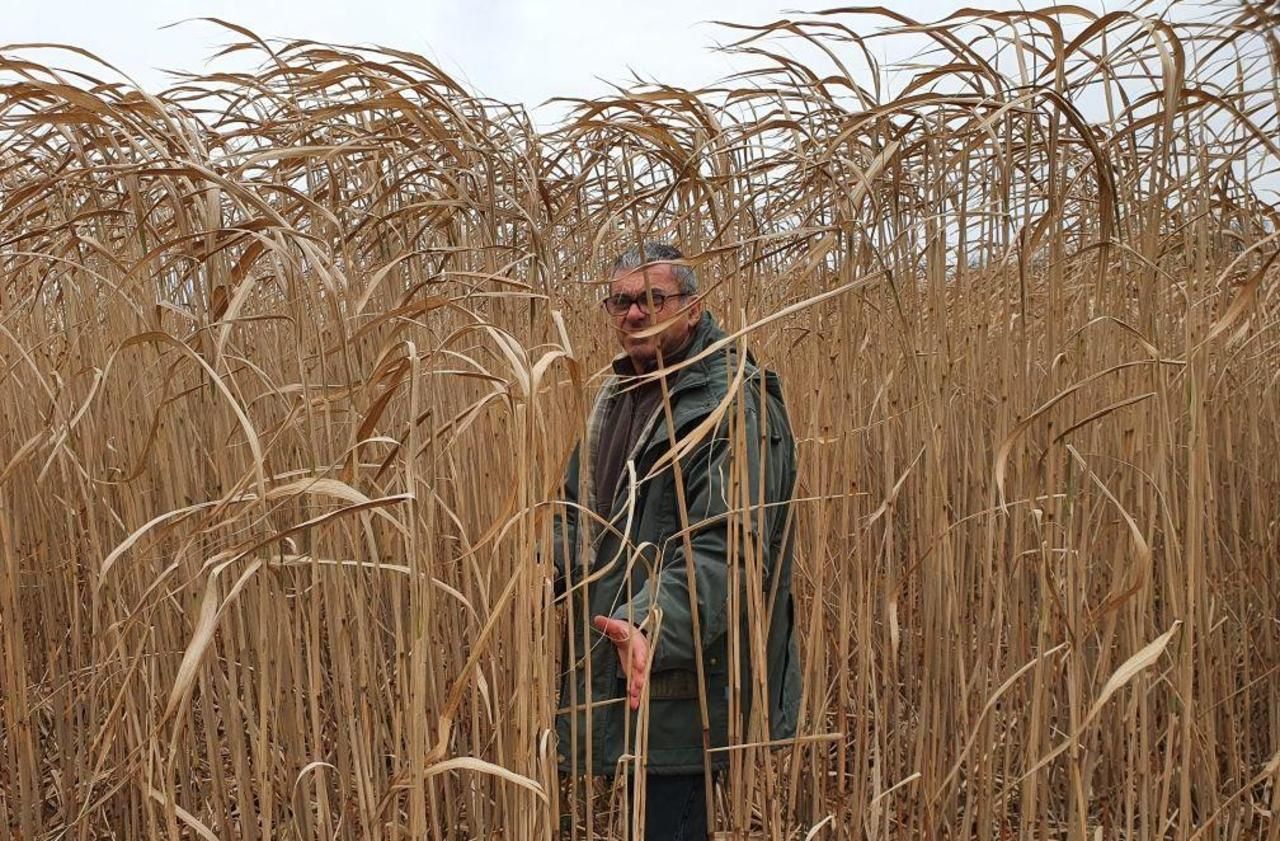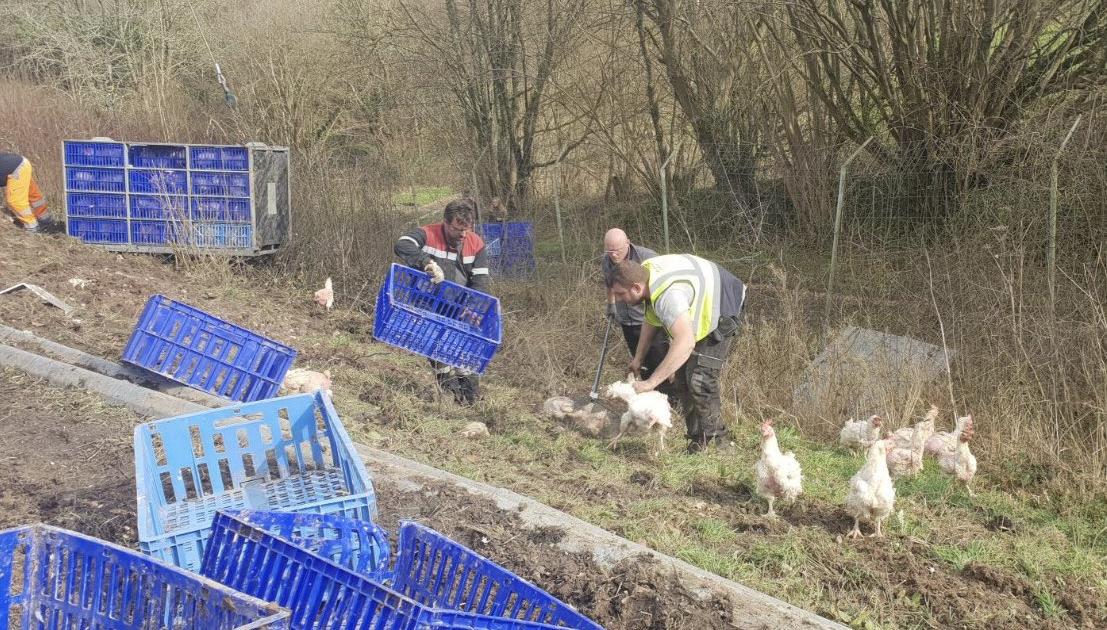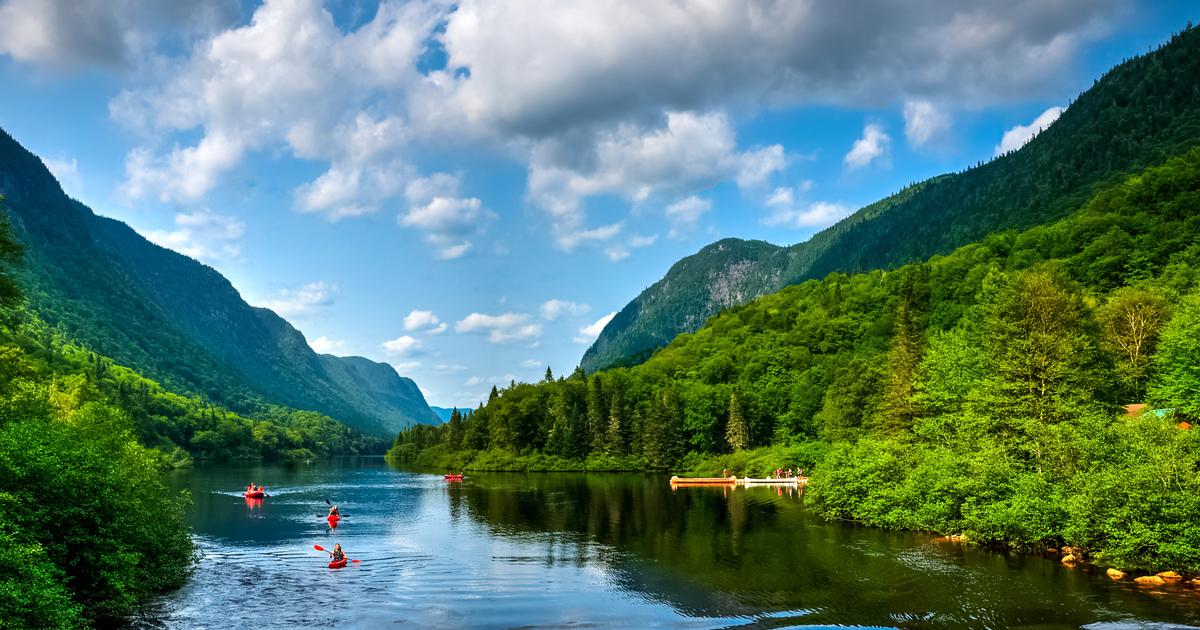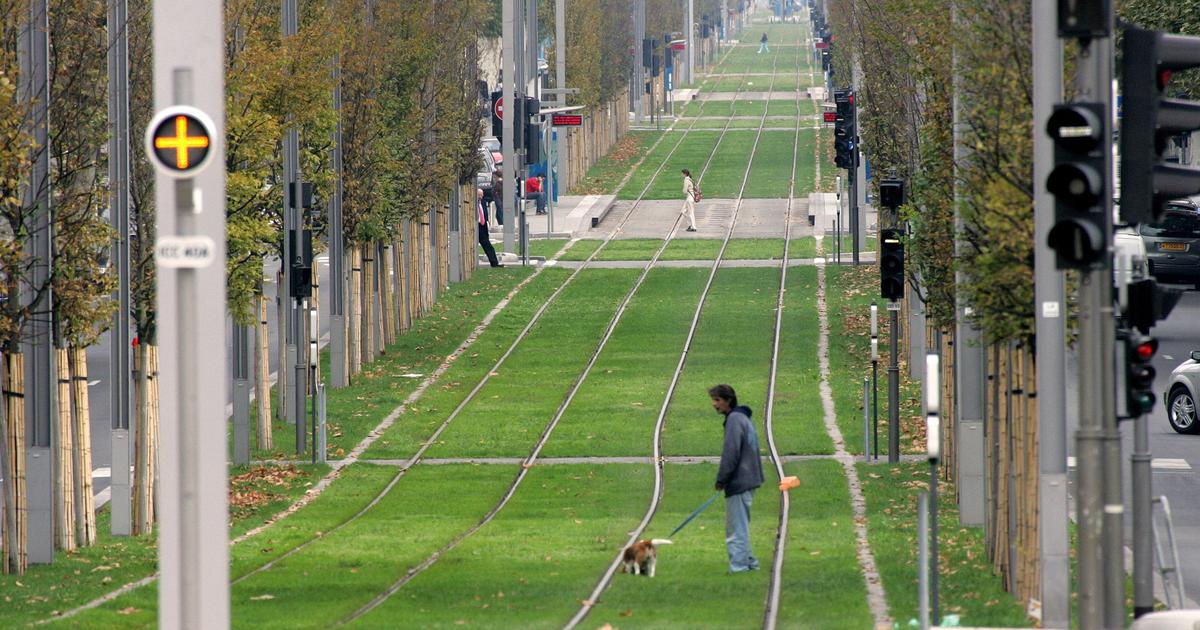In Saint-Mards-de-Blacarville (Eure), the primary school, the village hall and the official accommodation for teachers are all heated with miscanthus, an herb of African origin but produced locally.
“We started in September, for ecological reasons and knowing that fuel oil would henceforth be difficult to obtain, reveals Didier Swertvaeger, mayor of the town.
The grass used grows less than 100 m from buildings, we do not make shorter as a circuit.
"
"Nobody wanted to get involved on this"
Soon, miscanthus will even be planted all around the village school, thanks to the work of Alain Van Eecke.
A farmer in Saint-Mards-de-Blacarville since 1980, he supplies the municipal boiler room on demand with his renewable and low-polluting “elephant grass” (the other name given to miscanthus).
Before that, man experimented with this means of heating for his home.
It has just celebrated its 4th winter of heating with miscanthus.
READ ALSO>
In the Eure, all the green spaces of a town watered with rainwater
In 2014, eager to produce his own energy for heating, Alain Van Eecke inquired and discovered miscanthus.
Local, inexpensive and not requiring the use of any chemical treatment, the exotic herb combines the advantages.
This producer of wheat, flax and barley follows his intuition and tests his discovery on one of his plots.
“At the time, nobody knew about miscanthus and nobody wanted to get involved in it,” he recalls.
A crop that requires almost no maintenance
He discovers an almost self-sufficient culture, which requires almost no maintenance.
“We were talking about wood chips as renewable energy, but wood takes fifty years to grow back!
», Emphasizes the farmer.
Miscanthus, on the other hand, grows back every year for twenty years.
It does not deplete the soils since only the stem is harvested and the leaves fall off and produce fertilizer.
According to the Normandy Chamber of Agriculture, the plant also fights "against runoff and erosion".
Each April, 10 t of grass per hectare are harvested
Alain Van Eecke will finally take three years to find the right boiler, which he brings from Germany.
Today, 6 of these 200 ha are dedicated to the production of "elephant grass" and each April, 10 t of grass per hectare are harvested on his land.
"I produce and consume on site, without intermediaries, without travel costs and I save fuel costs between 50 and 70%", he explains.
In addition to being self-sufficient and providing his town with fuel, the farmer sells to landscapers, who use miscanthus to make horticultural mulch.
The plant itself remains relatively unknown to its colleagues: “It's a shame.
It would no doubt be the municipalities that equip themselves with multi-fuel boilers to encourage their farmers to provide this fuel and be more independent.
"















